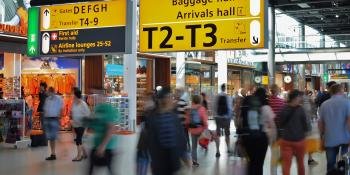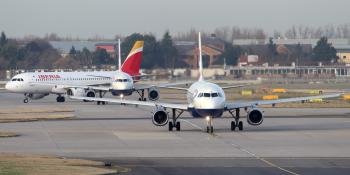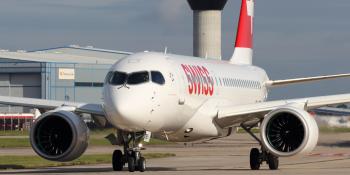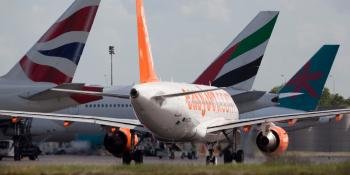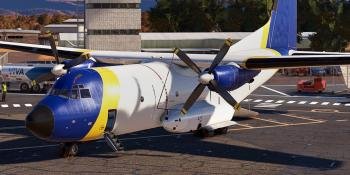Global airline trade body urges governments to begin planning for vaccine distribution as it warns of potentially severe capacity constraints in transporting by air
The International Air Transport Association has said that delivering COVID-19 vaccines will be “the mission of the century for the global air cargo industry”, and that it won’t happen without careful advanced planning.
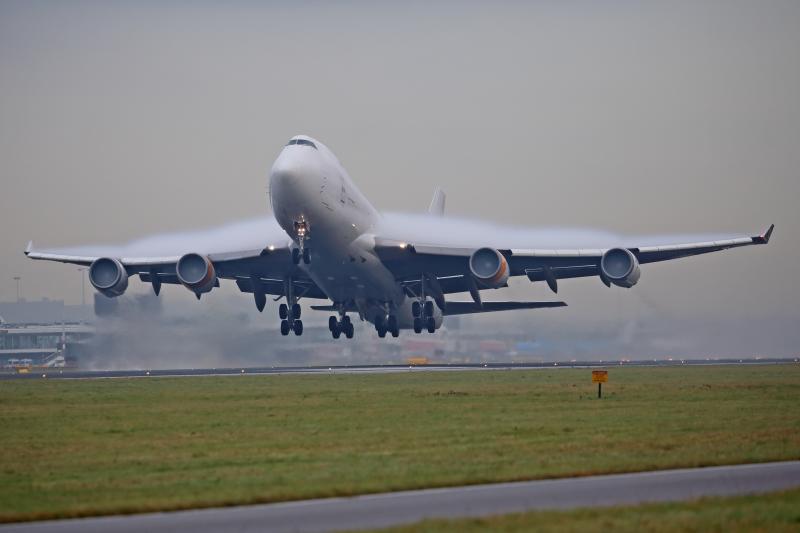
The trade organisation calculated that the potential size of the delivery just to provide a single dose to 7.8 billion people would fill 8,000 Boeing 747 freighter aircraft. That’s just under 6,000,000m³ – equivalent to two and a half times the Great Pyramid of Giza or 2,500 Olympic swimming pools.
Alexandre de Juniac, IATA’s director general and CEO, said: “We urge governments to take the lead in facilitating cooperation across the logistics chain so that the facilities, security arrangements and border processes are ready for the mammoth and complex task ahead.”
Vaccines must be handled and transported in line with international regulatory requirements, at controlled temperatures and without delay to ensure the quality of the product. As a result, the level of planning is considerably higher than standard cargo shipments.
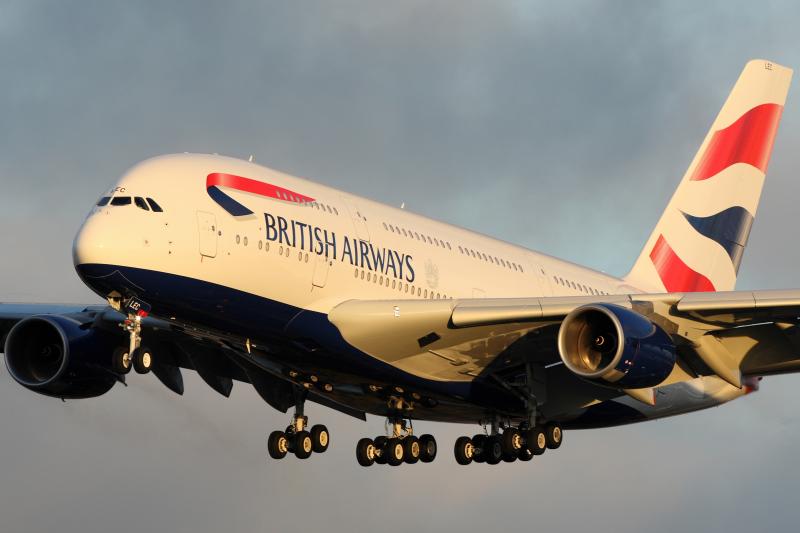
The IATA says considerations need to be made regarding cold chain facilities, security and border processes. Capacity is another major concern as the trade body is calling on governments to consider the current diminished cargo capability of the global air transport industry.
The pandemic has forced many airlines to put their larger widebody aircraft into long-term storage thus reducing the global belly freight volume.
Juniac added: “Even if we assume that half the needed vaccines can be transported by land, the air cargo industry will still face its largest single transport challenge ever. In planning their vaccine programmes, particularly in the developing world, governments must take very careful consideration of the limited air cargo capacity that is available at the moment. If borders remain closed, travel curtailed, fleets grounded and employees furloughed, the capacity to deliver life-saving vaccines will be very much compromised.”
The IATA – which is based on Montreal, Canada – represents some 290 airlines, comprising 82% of global air traffic.

